Threads vs. Twitter
Meta and Twitter trade blows as the social media landscape heats up, EV companies stocks surge, franchising model under FTC spotlight
Highlights
Meta releases Threads, a Twitter competitor and look alike
EV companies Tesla and Rivian release delivery numbers
The franchising model comes under FTC scrutiny, possible reform
Meta Launches Twitter Competitor, Threads
Just a mere 4 days after Elon Musk announced on Twitter that users would be limited in how many tweets they would be able to view on a daily basis in order to protect the integrity of Twitter, Meta released its new competitor, Threads.
The project was in the works for some time. The earliest reports of the text-based platform code-named “Project 92” were released back in March.
Mark Zuckerberg, the CEO of META 0.00%↑ Platforms, has stated that Threads is intended to capitalize on friendliness, something he feels Twitter failed to do.
Head of Instagram (and now Threads) Adam Mosseri has been active on Threads, shedding light on the purpose of Threads. His reply here displays the general objective of the platform:
Musk is planning on fighting the “friendly platform” with the law. Elon all but confirmed the threatened lawsuit on Twitter.
Despite the threats, Threads is carrying on with business as usual. The app tops the Apple App Store at the time of writing and has amassed over 83 million users in roughly a week, per Quiver Quantitative.
EV Stocks Move Higher
Shares of Tesla and Rivian traded higher on the Monday before the Fourth of July after beating delivery expectations.
Analysts expected Tesla to deliver 445,925 vehicles in the second quarter of 2023, Tesla beat expectations by over 20,000 vehicles, delivering 466,140. This pushed the EV company’s stock up to 7% higher.
Rivian shares saw gains of over 13% on Monday. This is a result of the company beating delivery expectations by 1,640 vehicles with total deliveries sitting at 12,640 for the second quarter.
Share gains can be attributed to the positive momentum Rivian has demonstrated as they move towards their goal of 50,000 units produced in 2023. The company has produced 23,400 units year-to-date.
The battle among challengers to Tesla has continued to heat up. Smaller players like RIVN 0.00%↑, XPEV 0.00%↑, and LCID 0.00%↑ trade blows for market share while Tesla continues to sell hundreds of thousands of vehicles every quarter.
FTC Fuels Franchising Debate
June marked the end of a period for public comment from the FTC that encouraged information on franchising and its related business practices to be shared with the commission.
The franchising model runs businesses consumers interact with daily, from Marriott MAR 0.00%↑ to Sports Clips and most fast food or quick service chains around the country, most notably McDonald’s MCD 0.00%↑.
The FTC told CNBC that it received over 5,500 comments, indicating a change to the model is widely supported.
“We are thoroughly reviewing each comment and are assessing next steps. All options are on the table,” stated an FTC spokesperson.
People from within the industry suspect an initial proposal to be complete by the end of this year.
There are however plenty in opposition of reform. This includes those apart of the International Franchise Association (IFA), who say the FTC’s “one-size-fits-all” approach could damage the industry and those it employs and serves.
The President and CEO of the IFA, Matt Haller, had this to say, “If the FTC limits the ability for franchisors to evolve their systems to meet customers’ demands, then that’s negatively going to impact franchisees, because customers will stop patronizing these businesses if they’re not able to get the products and services they want in a consistent and convenient fashion.”
McDonald’s, the predominant franchisor in the nation, would likely see the most impact on its business. The National Owners Association, an advocacy group of over 1,000 McDonald’s franchisees said, “The McDonald’s system was, and could again be, the gold standard for the franchise business model. The comments and examples provided here by members of the NOA are meant to illustrate how time has not made the franchisee-franchisor model stronger, but sadly more adversarial, less cooperative, and severely fractured.”
McDonald’s responded to a CNBC request for comment by saying, “Our franchise model thrives on having a common set of standards and requirements that ensure equitable treatment of franchisees, protection of franchisee investments and secured value for the McDonald’s brand. A one-size-fits-all regulation threatens the successful investments these small business owners have made in themselves and their communities.”
What are your thoughts on the franchising model?
If you made it this far you either scrolled to the end or enjoyed reading the article. Either way, hit subscribe to receive This Week in Finance in your inbox weekly on Sunday at 9:30 am EST.
Don’t forget to leave your thoughts on this week’s stories in the comments below. See you next week!



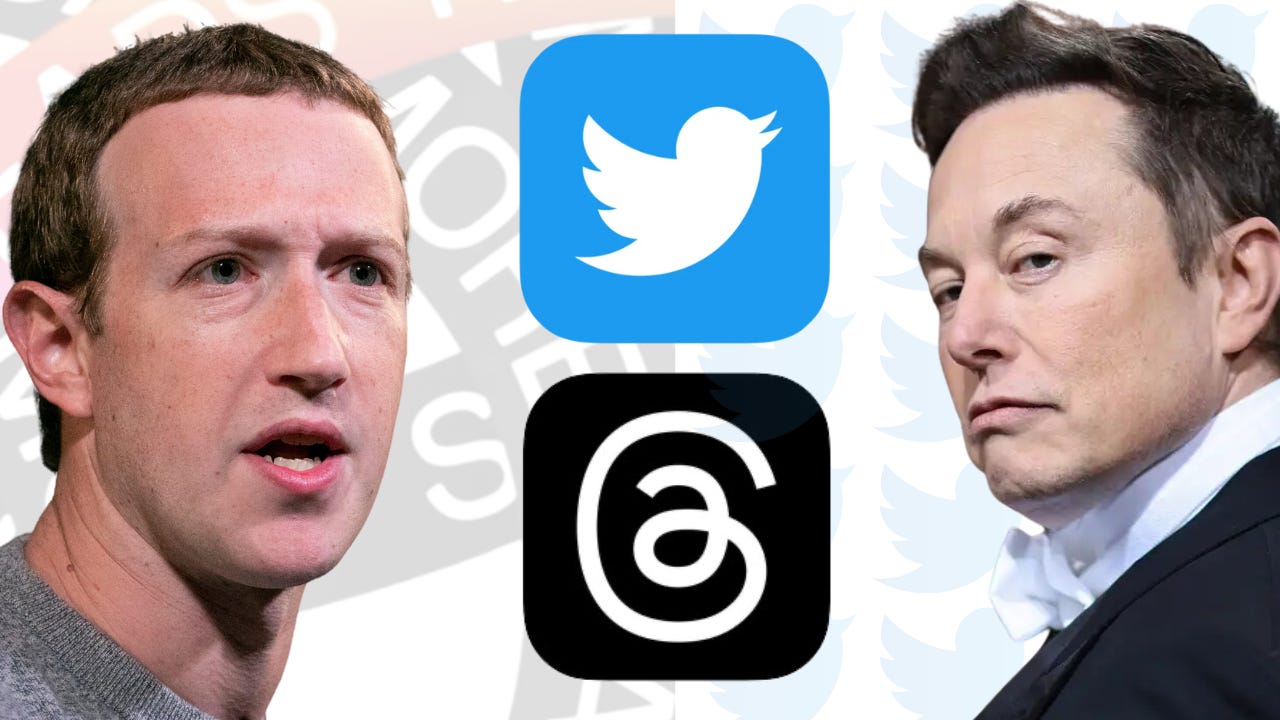
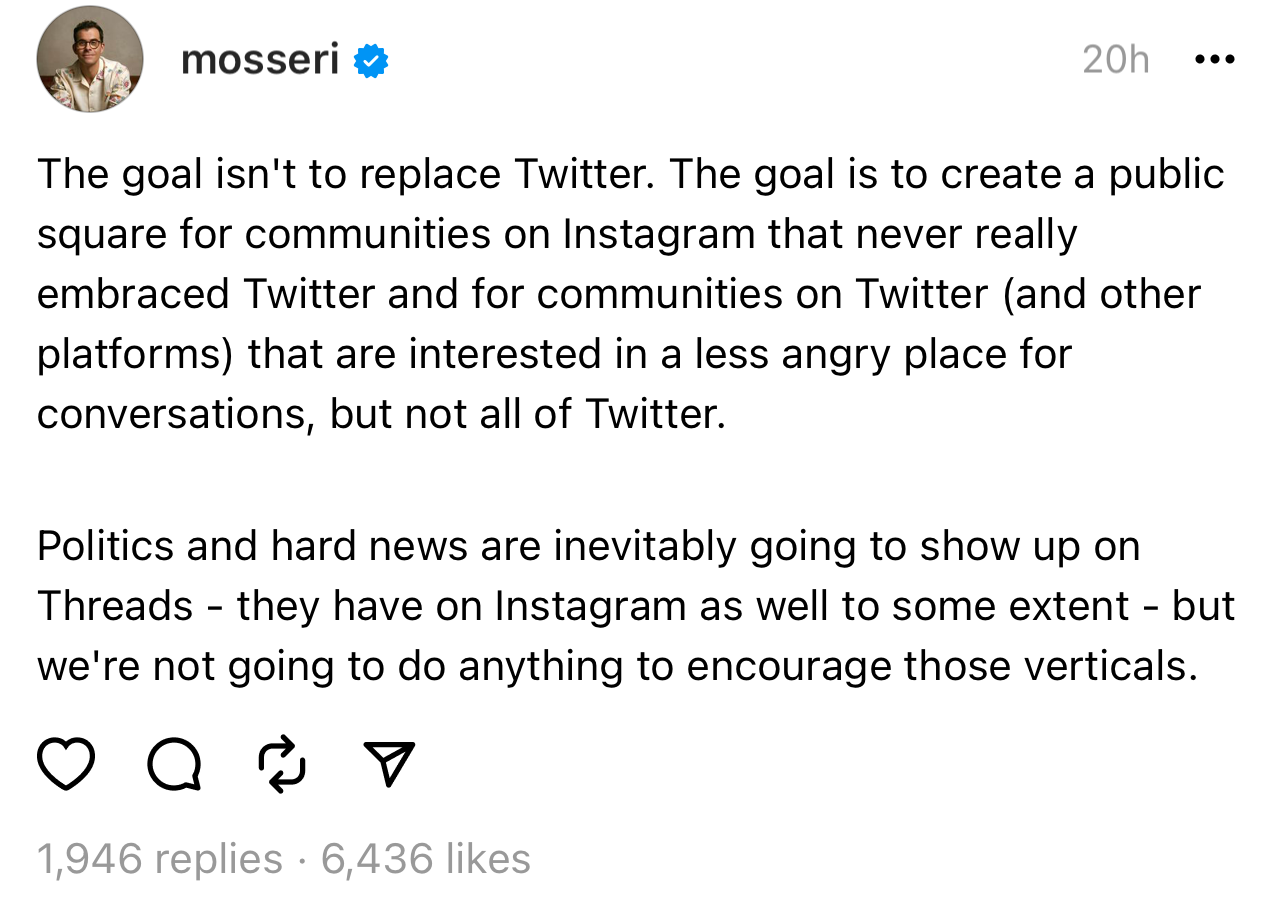
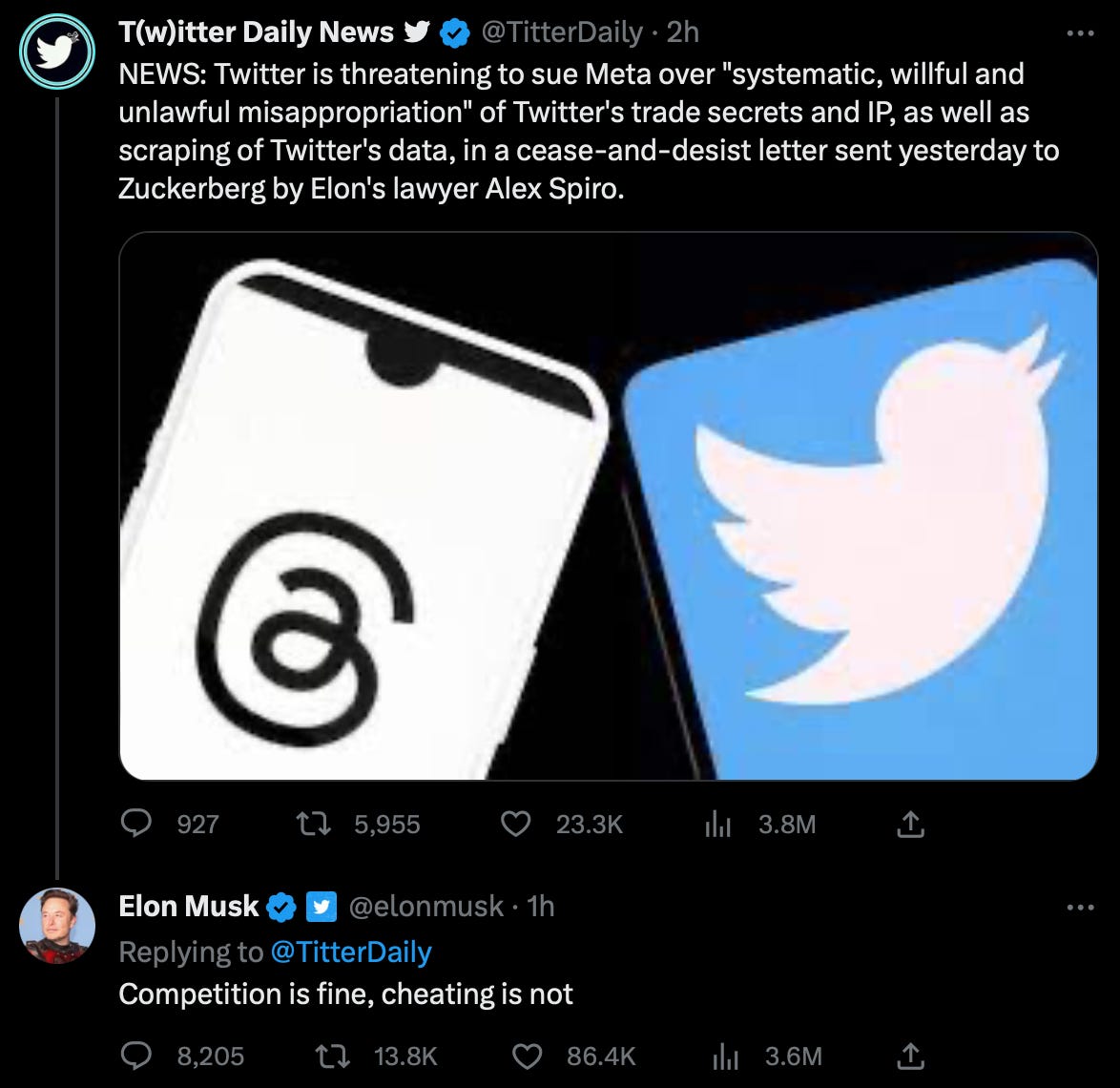

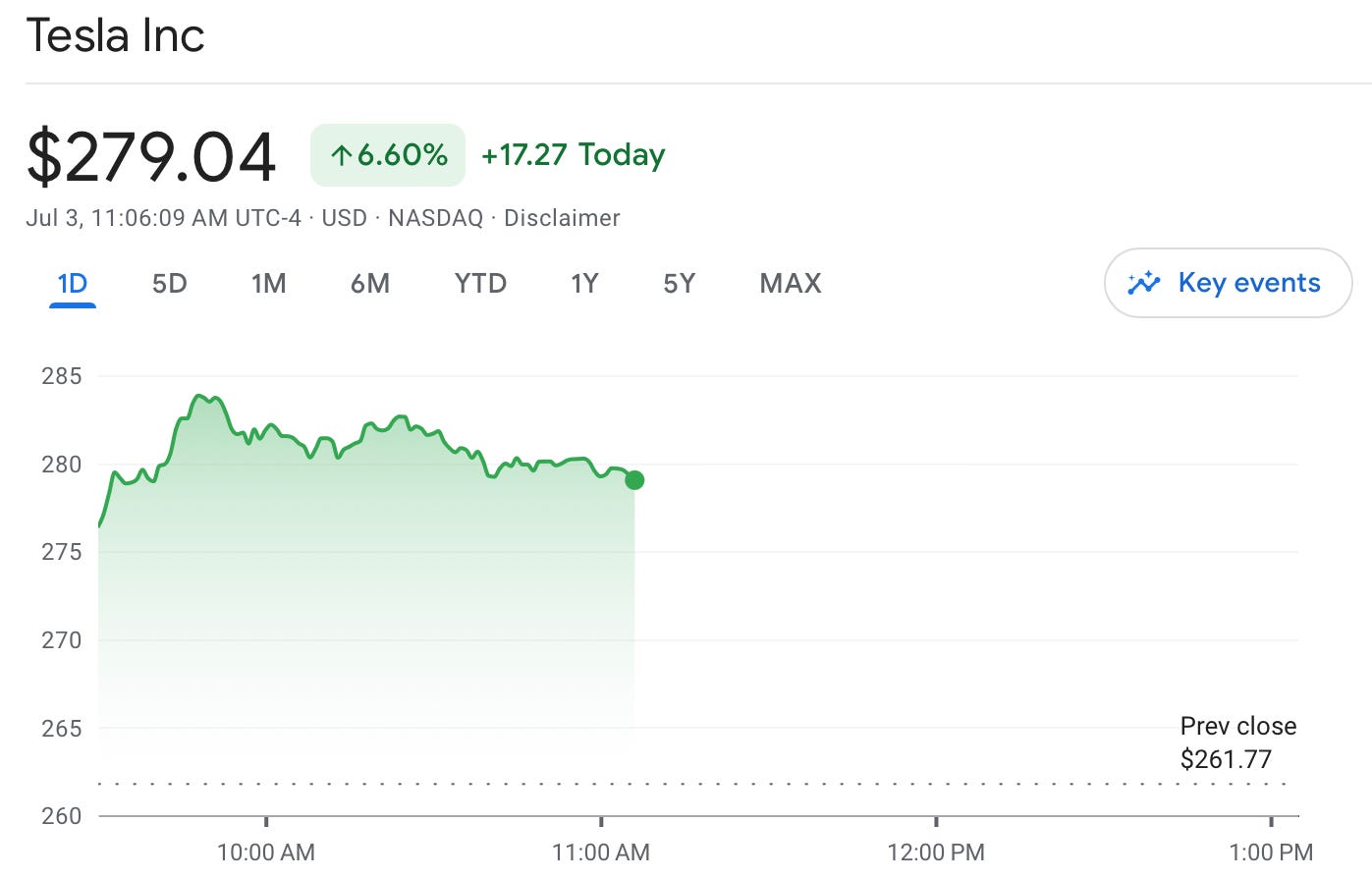
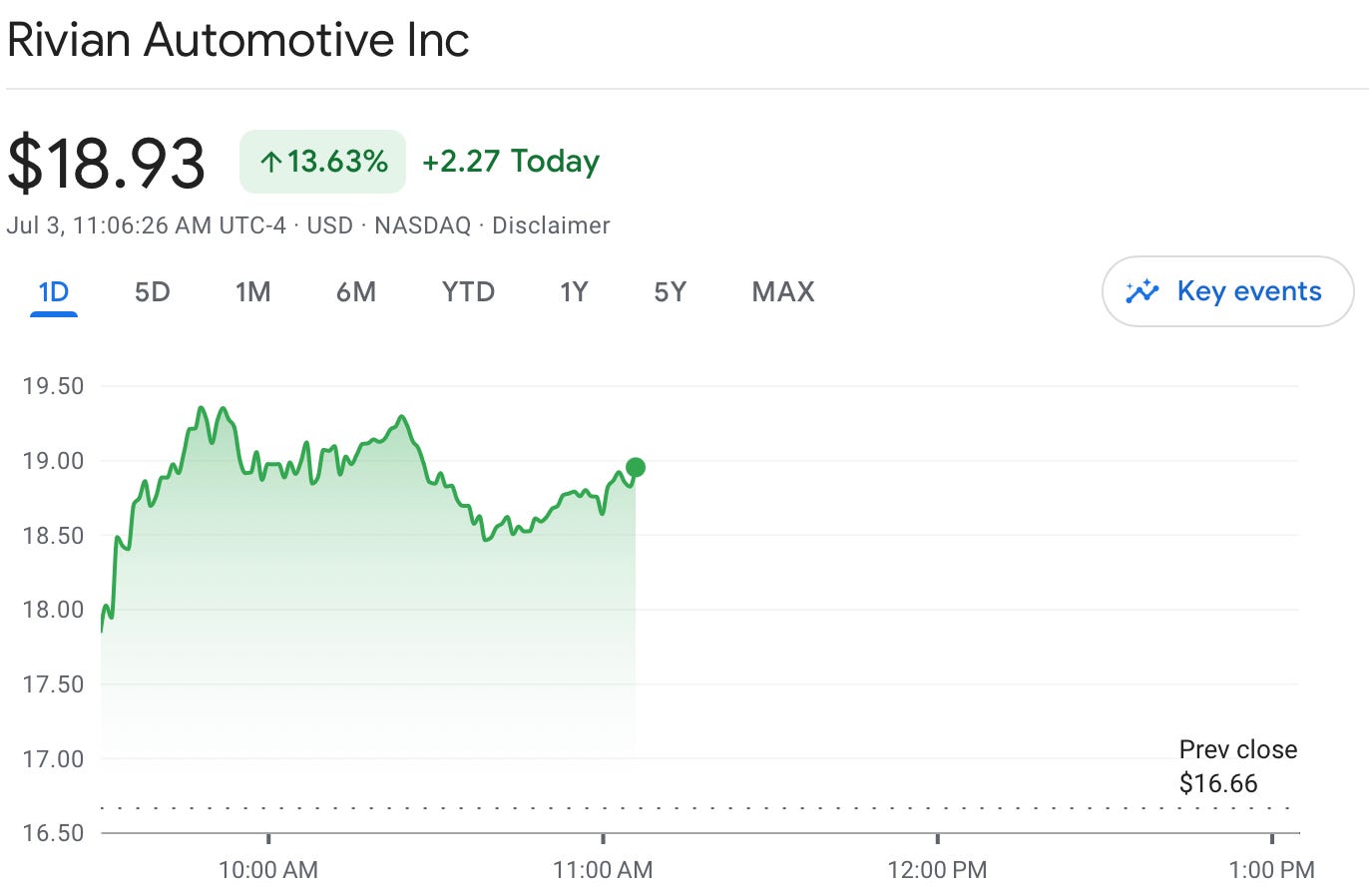
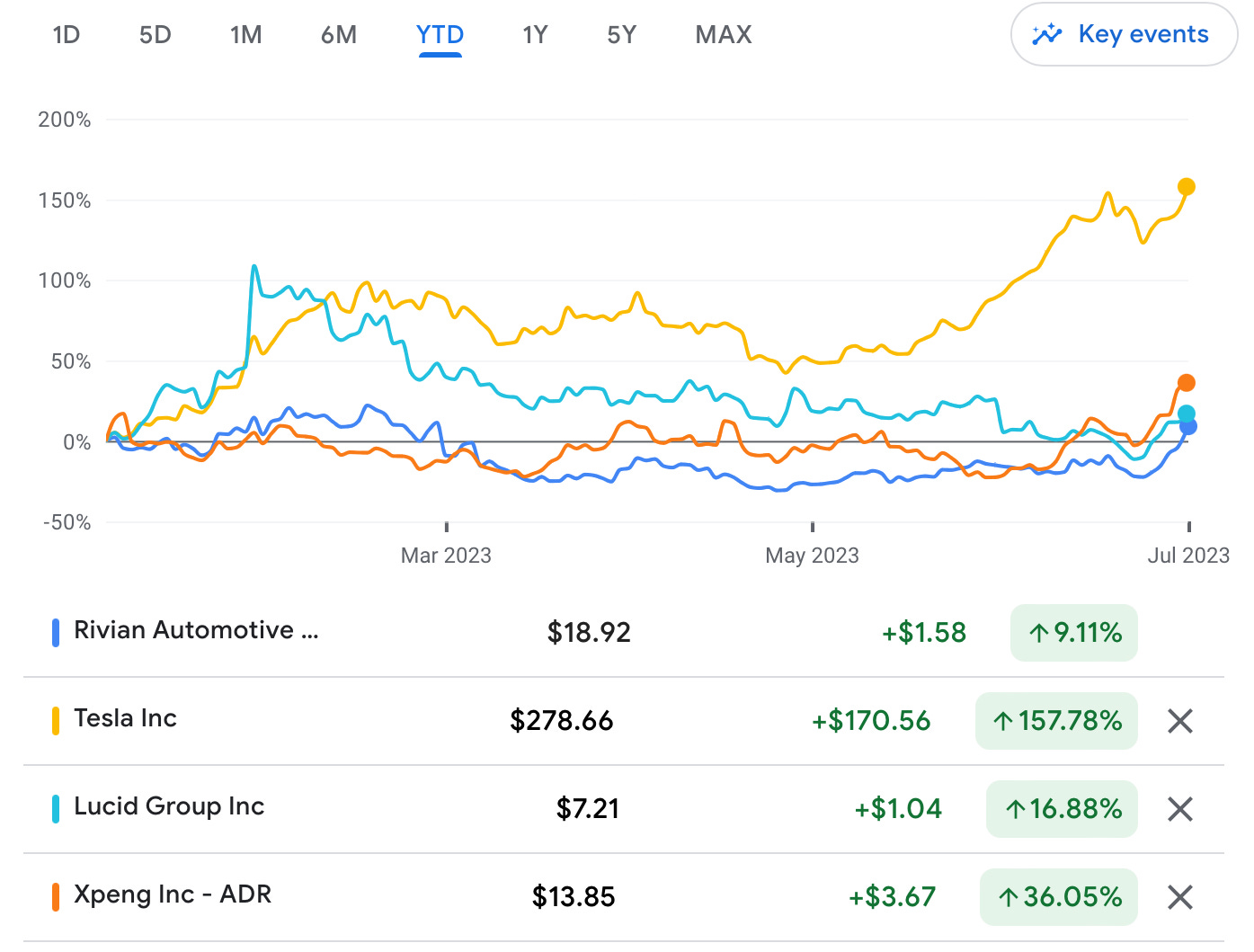

Hey, I really like your posts by the way. They're very well laid out.